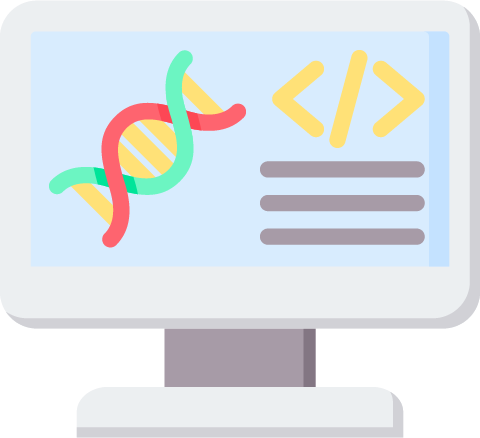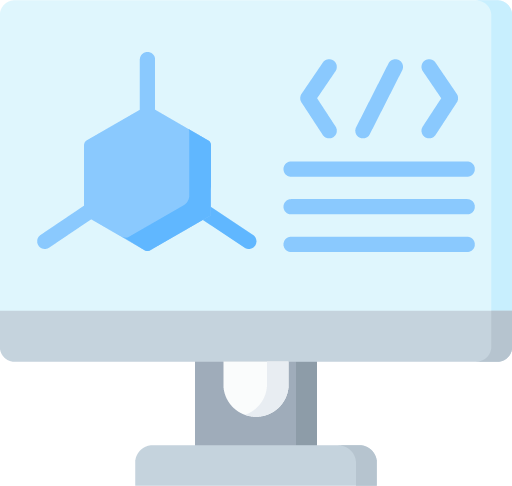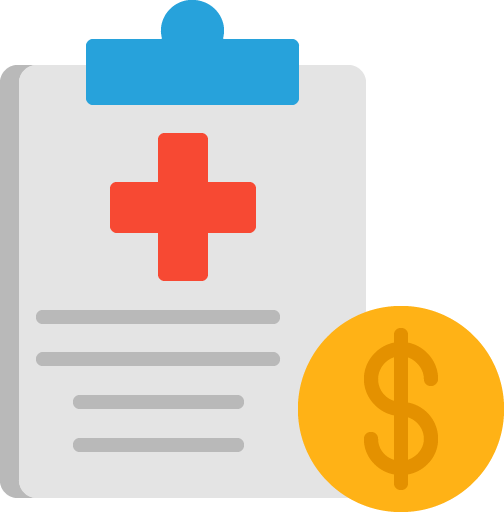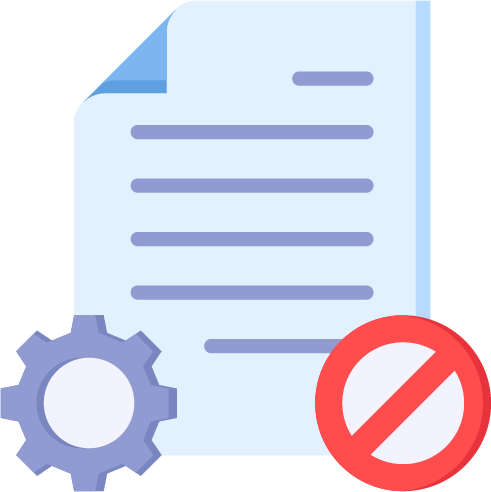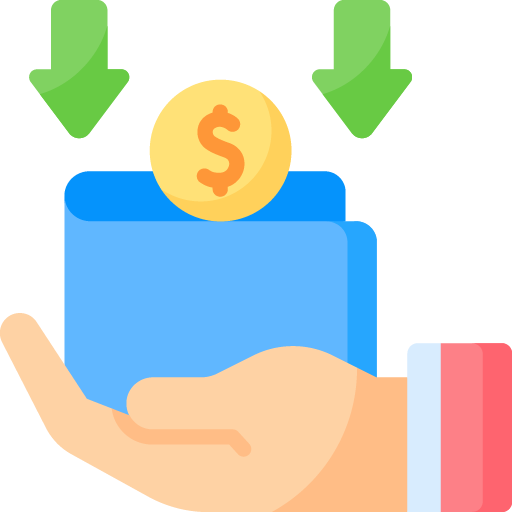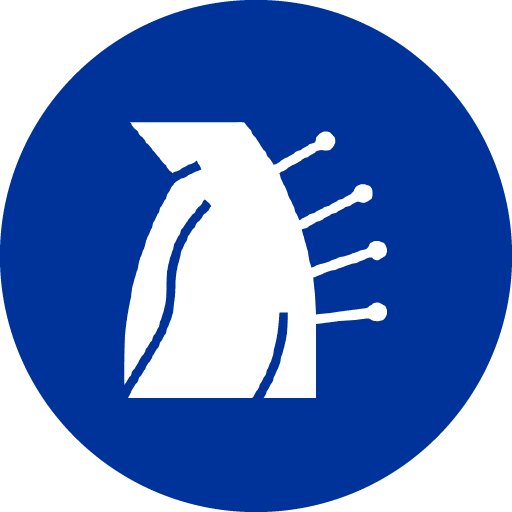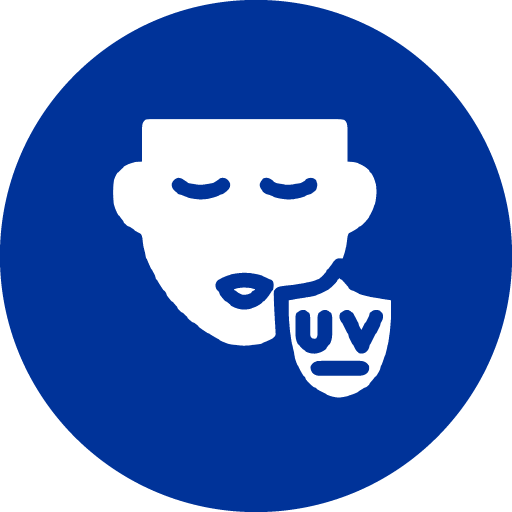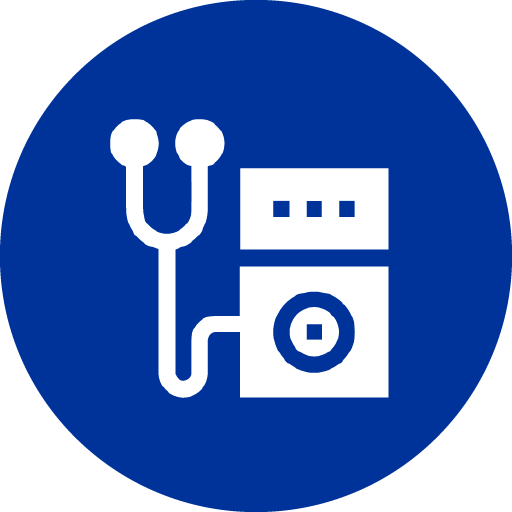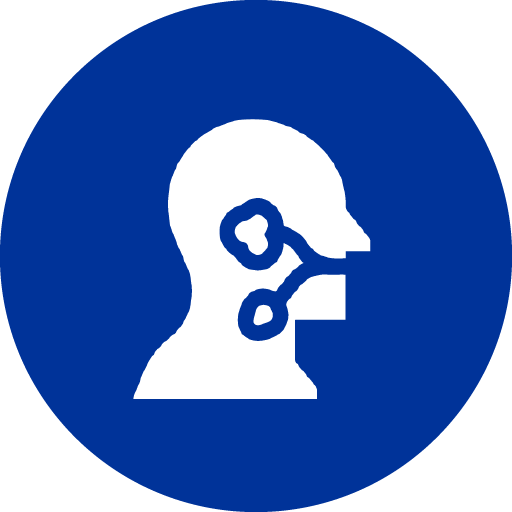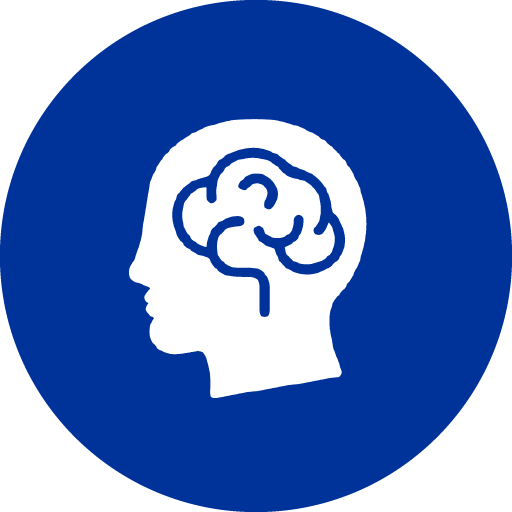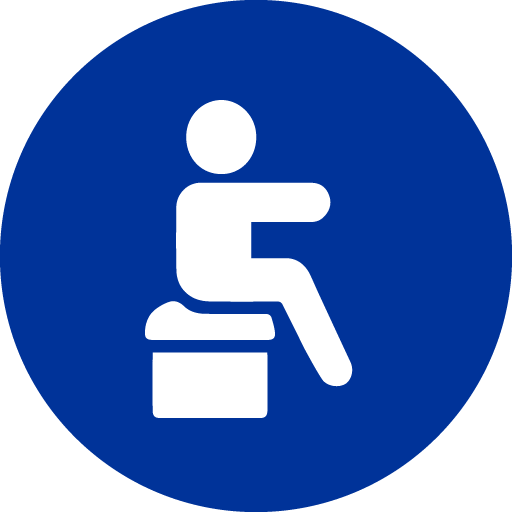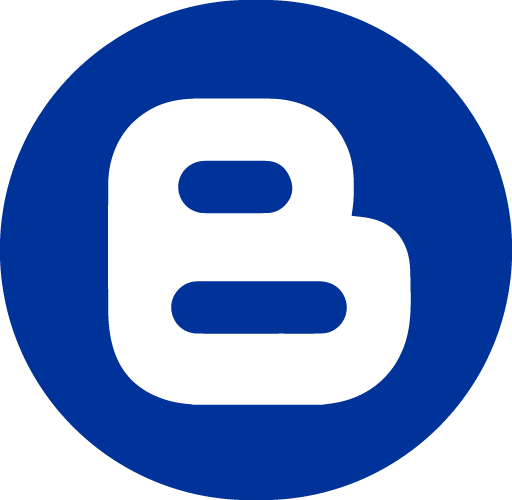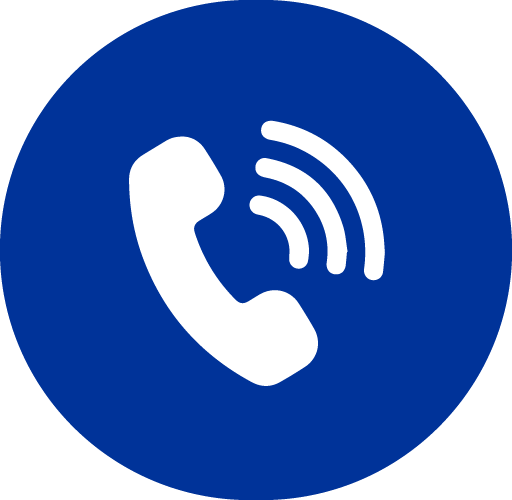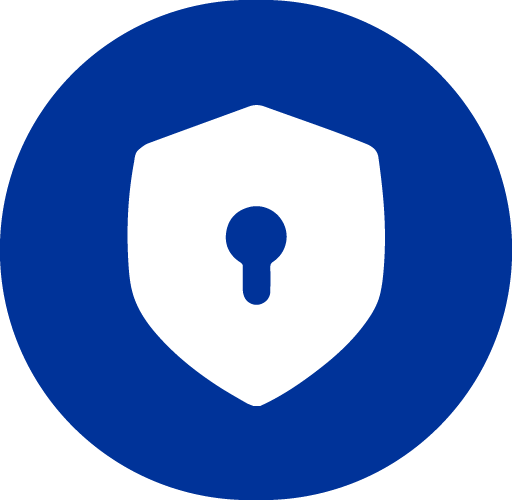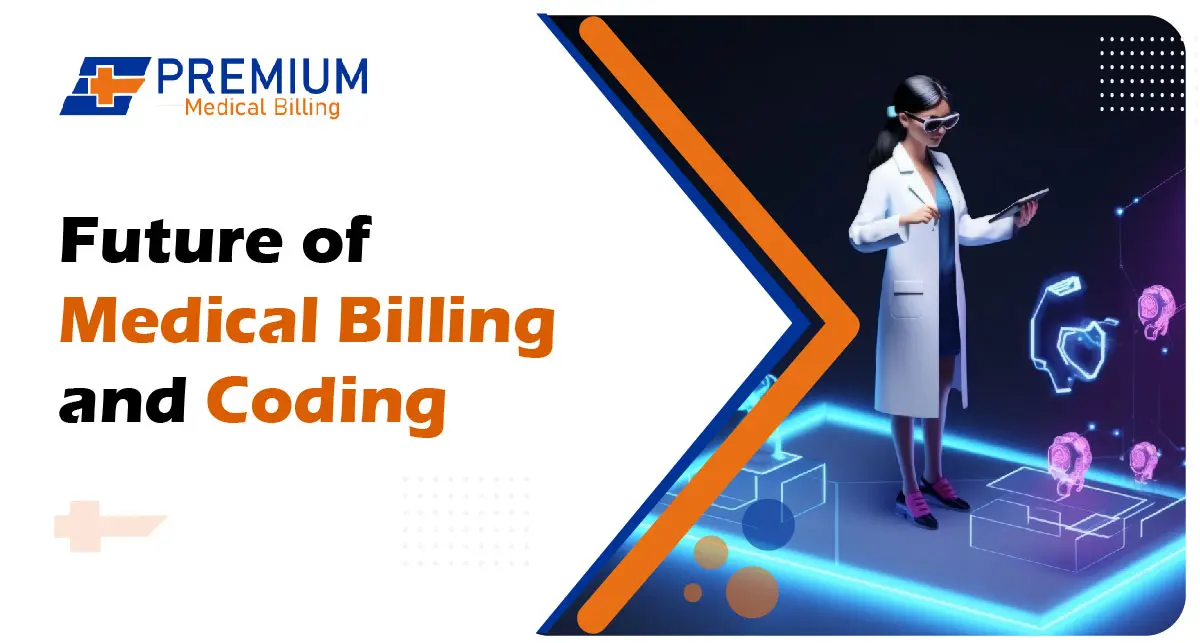Exploring the Future of Medical Billing and Coding
Technology evolution is factual, especially in the healthcare industry. Technology has replaced all old techniques and strategies to streamline medical billing processes. It is crucial to move to and utilize the latest tech-based solutions, which are the future of medical billing. Tech-based strategies have a direct impact on efficiency, compliance, and revenue. Let’s find out what the best tech-based medical billing solutions
1. Behavioral Health Billing Software Revolution
- Why It Matters:
- Behavioral health billing software is set to revolutionize the healthcare landscape. By integrating such software into day-to-day practices, healthcare providers can streamline workflows, reduce errors in medical coding, and enhance access to patient records.
- This shift toward automation lightens the workload for practitioners, allowing them to focus more on patient care.
2. Emphasis on ICD-11
- What Is ICD-11?
- ICD-11 (International Classification of Diseases, Eleventh Revision) is the successor to ICD-10, the widely used disease classification system.
- ICD-11 is more comprehensive, incorporating additional categories like lifestyle choices, cancer survivorship, and digital health.
- Why It Matters:
- As of 2023, ICD-11 is set to become the global standard for disease classification.
- Healthcare practitioners must familiarize themselves with ICD-11 to accurately code and document diagnoses.
3. Evolving Technology and Data Accuracy
- What to Expect:
- Continued advancements in technology will shape the future of medical coding and billing.
- Automation, sophisticated coding systems, and seamless integration with electronic health records (EHRs) will be key.
- Impact on Healthcare Practices:
- Improved efficiency: Automation reduces manual effort and speeds up processes.
- Enhanced accuracy: Technology minimizes coding errors and ensures precise documentation.
AI and machine learning are reshaping medical billing and coding. By embracing AI Artificial Intelligence technologies, healthcare organizations can enhance accuracy, streamline processes, and provide better patient care. However, ethical considerations and effective integration remain crucial for successful implementation. Here are
1. AI in Medical Billing and Coding
Automated Coding and Data Extraction
- Computer Assisted Coding (CAC): AI-driven applications automate the coding process by leveraging machine learning and Natural Language Processing (NLP). These tools can automatically recognize and extract relevant data from medical documents, ensuring proper coding and billing.
- Benefits:
- Efficiency: Automation reduces manual effort, allowing coders to focus on more complex cases.
- Accuracy: AI minimizes coding errors, leading to precise documentation.
- Revenue Optimization: Proper coding ensures accurate reimbursement from payers.
Fraud Detection and Prevention
- AI Algorithms: Machine learning models can analyze patterns in claims data to detect anomalies and potential fraud.
- Benefits:
- Early Detection: AI identifies suspicious billing patterns, helping prevent fraudulent claims.
- Cost Savings: By reducing fraudulent payments, healthcare systems save substantial resources.
Challenges and Considerations While Using AI
Data Privacy and Ethics
- Balancing Act: While AI improves efficiency, safeguarding patient privacy is critical. Ensuring compliance with regulations like HIPAA is essential.
- Transparency: AI algorithms must be transparent, allowing practitioners to understand how decisions are made.
Integration and Adoption
- Change Management: Implementing AI requires adapting workflows and training staff.
- Interoperability: Integrating AI tools with existing systems is crucial for seamless adoption.
Future Trends and Opportunities
Real-Time Claim Adjudication
- AI can process claims instantly, reducing delays and improving revenue cycles.
- Predictive Analytics: AI models forecast claim outcomes, aiding decision-making.
Patient Financial Counseling
- AI-powered chatbots can assist patients with billing inquiries, payment plans, and insurance coverage.
- Personalization: Customized financial guidance enhances patient satisfaction.
2. Telehealth Billing: Navigating the Future of Remote Healthcare Services
As telehealth gains prominence, healthcare providers must adapt their billing practices to accommodate this transformative shift. Let’s delve into the intricacies of telehealth billing and explore how it impacts the industry.
Telehealth Billing Practices
Importance of Accurate Coding
- Coding Precision: Proper coding for telehealth sessions is crucial. Accurate codes ensure that payers appropriately reimburse services.
- Reimbursement Optimization: Clear documentation and adherence to coding guidelines lead to optimal reimbursement.
- Patient-Centric Approach: Telehealth billing directly affects patient satisfaction. Transparent billing practices build trust and enhance the patient experience.
Regulatory Changes
- Dynamic Landscape: Telehealth regulations are evolving rapidly. Providers must stay informed about changes at federal, state, and payer levels.
- Medicare and Medicaid: Both programs have expanded telehealth coverage during the pandemic. However, policies may continue to evolve.
- Private Insurers: Many commercial health plans now cover telehealth services.
3. Blockchain: Elevating Security and Transparency in Medical Billing
Understanding Blockchain
- What Is Blockchain?: It’s a decentralized digital ledger that records transactions across a network. Each transaction forms a “block” linked to the previous one, creating an immutable chain.
- Security Features:
- Tamper Resistance: Once data is written to the blockchain, it cannot be altered or deleted.
- Decentralization: No central authority governs the blockchain, enhancing security.
- Encryption: Patient data remains confidential through cryptographic techniques.
Benefits of Blockchain in Healthcare Billing
- Data Integrity and Transparency:
- Blockchain ensures a single source of truth for billing records, eliminating discrepancies.
- Transparency allows stakeholders (providers, payers, patients) to verify transactions.
- Fraud Prevention:
- Immutable records prevent fraudulent alterations.
- Smart contracts can automate claims processing, reducing fraud risk.
- Secure Patient Data Sharing:
- Patients control access to their data via private keys.
- Interoperable blockchain networks enable seamless data exchange.
Use Cases
- Claims Processing:
- Blockchain streamlines claims adjudication, reducing delays and administrative costs.
- Payers and providers can access real-time data, improving accuracy.
- Billing Transparency:
- Patients can track billing details securely.
- Providers gain insights into reimbursement processes.
- Supply Chain Management:
- Blockchain ensures transparency in drug pricing and supply chain transactions.
- Claims Processing:
In Conclusion
Telehealth billing and blockchain technology intersect at the forefront of healthcare innovation. By embracing accurate coding practices and leveraging blockchain’s security features, providers can enhance patient care, streamline processes, and safeguard sensitive information. The future of healthcare billing is dynamic, and these advancements pave the way for a more efficient and patient-centric system.

